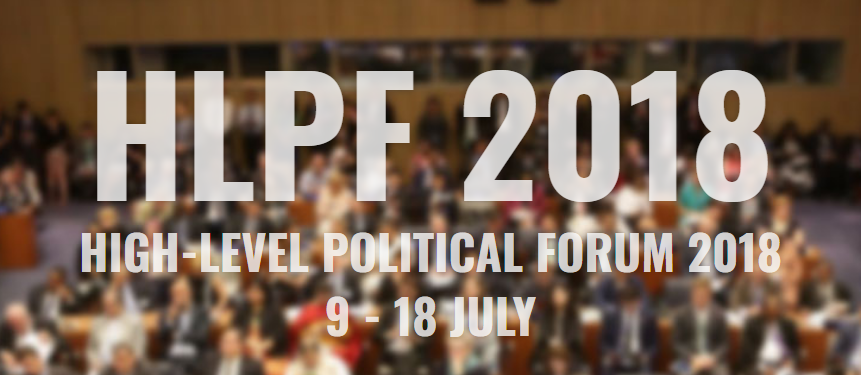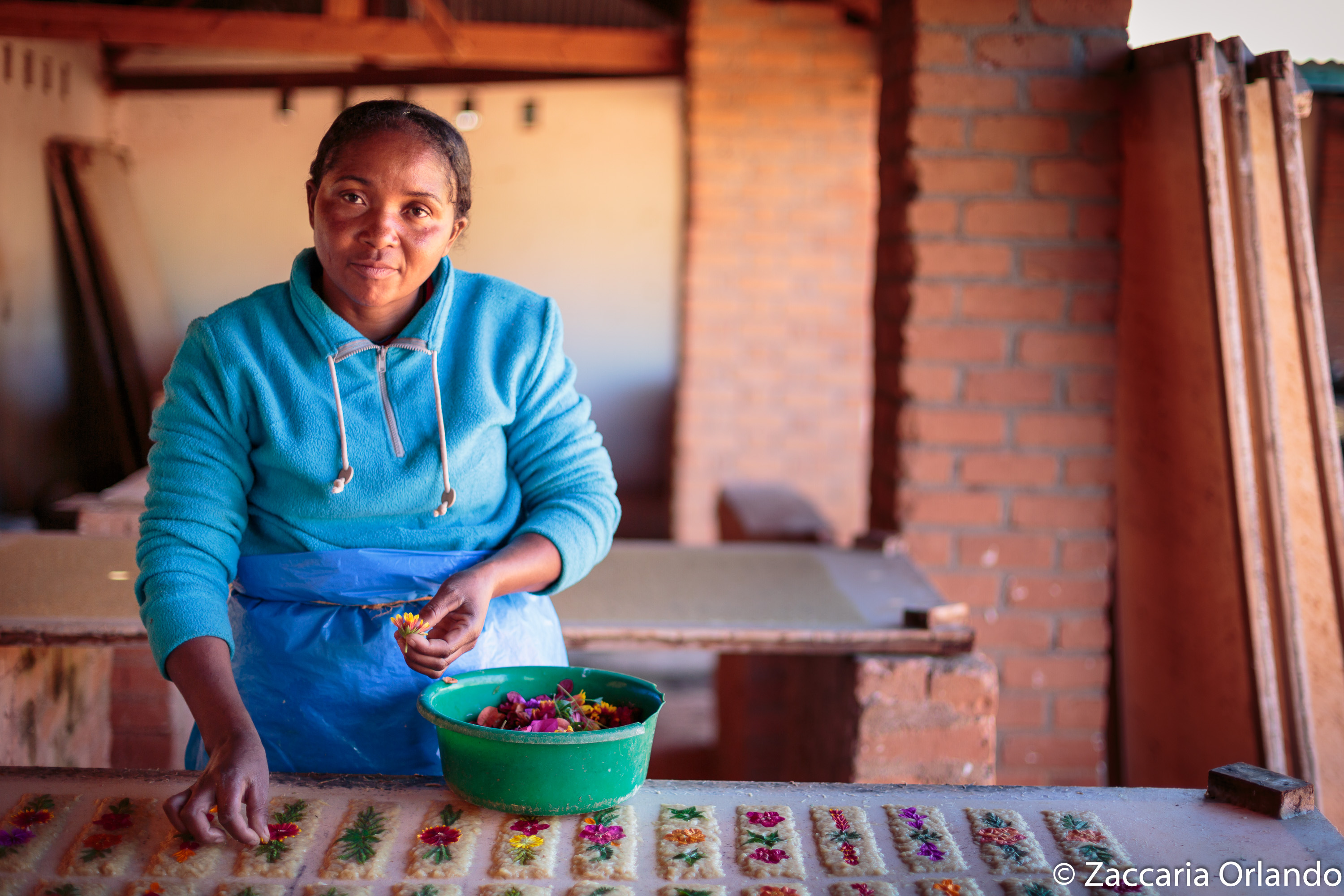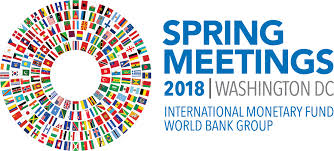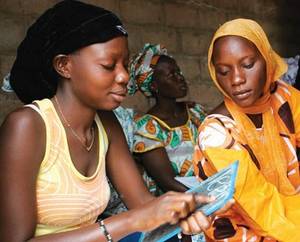Sustainable Food Systems
Adequate nutrition is essential for health and well-being. Every person on this planet has the right to safe, sufficient and nutritious food and to be free from hunger. Yet, undernourished is rampant. Even when food is available and accessible, the nutrient quality of the food is often poor and people’s diets are often inadequate, monotonous and unbalanced. The result is a high prevalence of various forms of malnutrition that co-exist within most countries. Stunting and wasting are underlying causes of death in children under five, micronutrient deficiencies in particular vitamin A, iodine, iron and zinc affect over two billion people, and overweight and obesity have been increasing rapidly worldwide, affecting all population groups.
Aware and concerned about these facts, 164 Members of FAO and WHO attended the Second International Conference on Nutrition (ICN2), co-organized by FAO and WHO, in Rome, in November 2014. They were joined by 164 civil society and private sector organizations as well as other UN and intergovernmental organizations.
According to the High Level Panel of Experts on Food Security and Nutrition, a food system “gathers all the elements (environment, people, inputs, processes, infrastructures, instructions, etc.) and activities that relate to the production, processing, distribution, preparation and consumption of food, and the outputs of these activities, including socio-economic and environmental outcomes.
At the Second International Conference on Nutrition (ICN2), it was universally acknowledged that current food systems are being increasingly challenged to provide adequate, safe, diversified and nutritious food for all that contribute to healthy diets. The Conference adopted the Rome Declaration on Nutrition and its Framework for Action, committing to “enhance sustainable food systems by developing coherent public policies from production to consumption across relevant sectors to provide year-round access to food that meets people’s nutrition needs and promote safe and diversified healthy diet.”
One year later, in September 2015, at the historical global summit, the Sustainable Development Goals (SDGs) were adopted to guide global development through 2030 while ensuring that no one would be left behind. The SDG Goal “to end hunger, achieve food security and improved nutrition, and promote sustainable agriculture” as well as many other SDG goals reiterate and reinforce the commitments made at ICN2. Further building momentum for nutrition, the Decade of Action on Nutrition (2016 to 2025) was proclaimed by the United Nations General Assembly in April 2016, following the recommendation of the ICN2. Its Action Areas focuses on food systems for healthy, sustainable diets. Find out more about the Nutrition Decade here.
The Decade of Action creates an enabling political environment for turning commitments made into action but countries need further technical support in order to do that. FAO and WHO propose to hold an International Symposium on 1-2 December, 2016 to focus mainly on illustrating solutions to implement food systems related ICN2 Framework for Action recommendations. Participants will include government officials with policy-making and programme-design mandates coming from Health and Agriculture ministries.
Latest content relevant to Sustainable Food Systems

Moving to sustainable and resilient societies: the food security and nutrition dimensions
11/07/2018 - 11 July, 18:30 - 20:00 pm EDT, Conference Room B, UN Conference Building, New York A joint CFS and UNSCN Side Event at the 2018 High Level Political Forum The pursuit of food security and nutrition [...]

Launch: First global initiative to eliminate industrially-produced trans-fats
14/05/2018 - Monday 14 May 2018 from 13.45-14.30 CET WHO is launching a first-ever global initiative to eliminate industrially-produced trans-fatty acids from the global food supply. Eliminating [...]

Policy brief launch - Improving diets in an era of food market transformation: Challenges & opportunities for engagement between the public and private sectors
18/04/2018 - 18 April 2018, 14.15 - 16.15, FAO HQ (Rome) FAO and the Global Panel on Agriculture and Food Systems for Nutrition are delighted to invite you to the launch of the policy brief: "Improving [...]

Transforming Food Systems to Support Nutritious Diets
17/04/2018 - April 17th 2018 at 2121 K. Street NW, Suite 800-B, Washington, D.C. 9.00-10.30 EDT, coffee served from 8.30 FAO Liaison Office for North America and the Global Alliance for Improved Nutrition [...]

Field Exchange - Issue 57
16/04/2018 - This is a general issue that features, for the second year running, a special section that shares key outputs of Action Against Hunger’s Research for Nutrition Conference held in November 2017. [...]

World Bank Spring Meetings
16/04/2018 - 16-22 April 2018, Washington, DC The Spring Meetings of the Boards of Governors of the International Monetary Fund (IMF) and the World Bank Group (WBG) bring together central bankers, ministers of [...]

Advancing Research (and Policy) on Nutrition and Agriculture - IFPRI Policy Seminar
22/02/2018 - Thursday, February 22, 2018 - 12:15 pm to 1:45 pm (EST)IFPRIWashington, DC The agricultural sector has long been viewed as a major driver of poverty reduction and food security in [...]

Guidance Note on Integration of Nutrition in the United Nations Development Assistance Framework (renamed Cooperation Framework)
02/01/2018 - The purpose of this Guidance Note is to assist United Nations Country Teams (UNCTs) with the integration of nutrition into the United Nations Sustainable Development Cooperation Framework that [...]

Regional Symposia on Sustainable Food Systems for Healthy Diets and Improved Nutrition
10/11/2017 - Although the Decade of Action creates an enabling political environment for turning commitments into action, countries need additional technical support to translate their political will into [...]

Forum on Women’s Empowerment in the Context of Food Security and Nutrition
25/09/2017 - 25 September 2017, 09:30 - 17.00 CESTFAO, Red RoomRome, ItalyThe Forum on Women’s Empowerment in the context of Food Security and Nutrition will be held on 25 September 2017 at FAO in [...]




